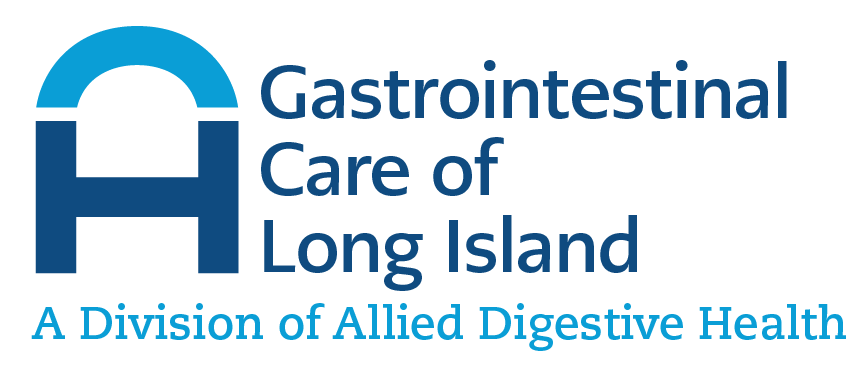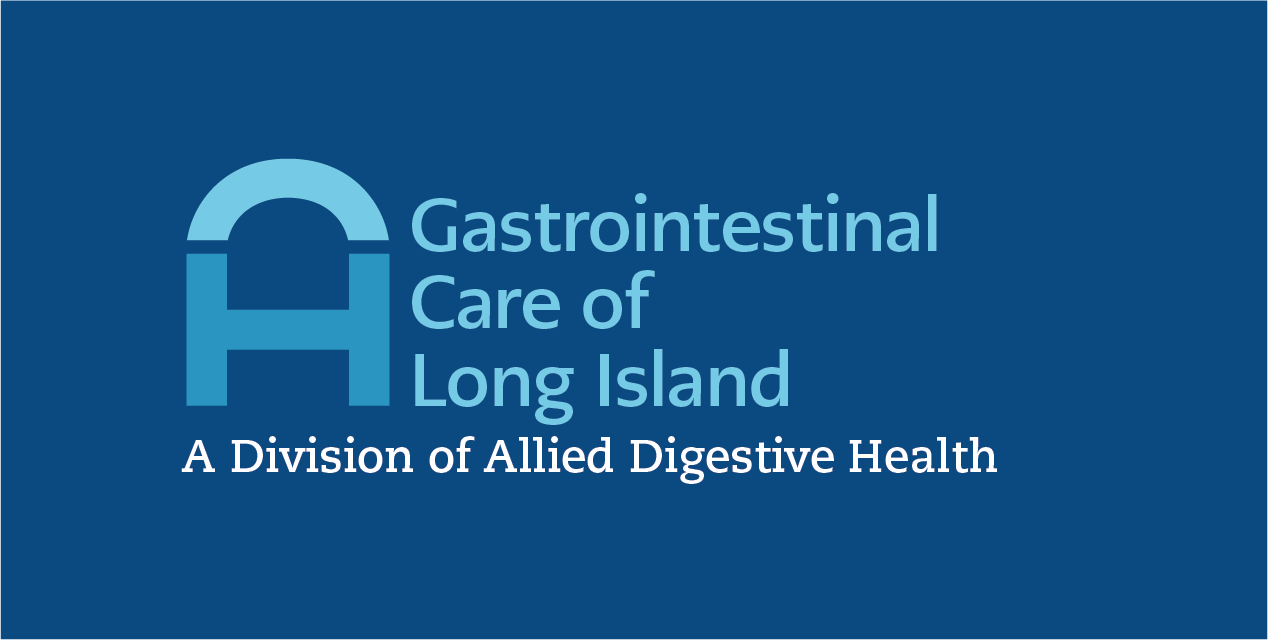Yes, celiac disease can develop at any age, even in adulthood. While it is commonly diagnosed in children, there are many cases where symptoms first appear later in life. Factors such as genetic predisposition, environmental triggers, infections, or significant life events like pregnancy or severe stress can sometimes activate celiac disease in adults.
Individuals who previously tolerated gluten without issues may suddenly experience symptoms like abdominal pain, diarrhea, fatigue, or unexplained weight loss. If these symptoms occur, it’s crucial to consult a healthcare provider who can conduct appropriate diagnostic tests. Early detection and management are essential in preventing complications associated with untreated celiac disease.
Signs and Symptoms of Late-Onset Celiac Disease
Late-onset celiac disease can present with a variety of signs and symptoms, many of which overlap with those seen in people diagnosed earlier in life. Common gastrointestinal symptoms include bloating, chronic diarrhea, constipation, and abdominal pain. However, some individuals may experience non-gastrointestinal symptoms such as fatigue, unexplained anemia, joint pain, skin rashes like dermatitis herpetiformis, or neurological issues such as headaches or peripheral neuropathy.
Some may notice unexpected weight loss or difficulty maintaining a healthy weight. Since symptoms can vary widely and sometimes mimic other health conditions, it’s important to seek medical evaluation if you suspect late-onset celiac disease. Proper testing and diagnosis are the first steps toward effective management and relief of symptoms.
What Triggers Celiac Disease Later in Life?
The onset of celiac disease later in life can be influenced by a combination of genetic, environmental, and immunological factors. While individuals with celiac disease carry specific genetic markers, such as HLA-DQ2 or HLA-DQ8, the disease may remain dormant until certain triggers activate it.
Stressful life events, significant illnesses, pregnancy, infections, or changes in diet can sometimes act as catalysts. These triggers may alter the immune system or gut environment in a way that leads to the development of symptoms. Additionally, age-related changes in the immune system might play a role in the disease’s emergence during adulthood. Understanding these potential triggers helps identify strategies for early intervention and improved management of late-onset celiac disease.
How Celiac Disease Is Diagnosed
Diagnosing celiac disease involves a multi-step process that typically includes a thorough medical history, physical examination, and specialized testing. The initial step usually involves serological blood tests to check for specific antibodies, such as tissue transglutaminase antibodies (tTG-IgA) and deamidated gliadin peptide (DGP) antibodies. These tests can help detect an immune response to gluten.
If the blood tests suggest celiac disease, a follow-up procedure called an upper endoscopy with a biopsy is often performed. During this procedure, a small sample of the small intestine is taken to look for damage to the villi, which is indicative of celiac disease. It is crucial for patients to remain on a gluten-containing diet before testing, as avoiding gluten could affect the accuracy of the results. Early and accurate diagnosis is essential for managing the condition and preventing associated complications effectively.
The Difference Between Celiac Disease and Gluten Sensitivity
While celiac disease and gluten sensitivity may share similar symptoms, they are distinct conditions with important differences. Celiac disease is an autoimmune disorder in which the ingestion of gluten triggers an immune response that damages the small intestine, leading to long-term health complications if untreated. Gluten sensitivity, or non-celiac gluten sensitivity (NCGS), does not involve the immune system in the same way and does not cause intestinal damage. Individuals with gluten sensitivity may experience symptoms such as bloating, fatigue, or abdominal pain after consuming gluten, but tests for celiac disease and wheat allergies typically come back negative. Understanding these differences is crucial for proper diagnosis and treatment, as management strategies vary significantly between the two conditions.
Complications of Untreated Celiac Disease
If left untreated, celiac disease can lead to a range of serious health complications. One of the most common issues is malabsorption, as the damage to the small intestine interferes with the body’s ability to absorb nutrients properly. This can result in deficiencies of essential vitamins and minerals such as iron, calcium, and vitamin D, potentially leading to conditions like anemia and osteoporosis.
Untreated celiac disease has been associated with an increased risk of developing other autoimmune disorders, such as type 1 diabetes and thyroid conditions. Long-term intestinal damage can also raise the likelihood of small intestinal cancers, such as lymphoma. Other potential complications include infertility, neurological conditions like neuropathy, and overall poor health due to chronic inflammation. Early diagnosis and adherence to a strict gluten-free diet are critical to avoiding these risks and maintaining long-term well-being.
Managing Celiac Disease With a Gluten-Free Diet
The cornerstone of managing celiac disease is adhering to a strict gluten-free diet. Gluten, a protein found in wheat, barley, and rye, triggers the harmful immune response in individuals with celiac disease. By eliminating gluten from their diet, patients can allow their small intestine to heal, reduce inflammation, and prevent further complications.
Transitioning to a gluten-free lifestyle involves carefully reading food labels, avoiding cross-contamination during meal preparation, and substituting gluten-containing foods with safe alternatives such as rice, quinoa, and certified gluten-free products. Beyond packaged goods, patients must also be mindful of hidden gluten in sauces, dressings, and processed foods. With the growing awareness of celiac disease, many restaurants and manufacturers now provide gluten-free options, making it easier to maintain the diet. Adherence to this dietary plan ultimately improves symptoms, enhances nutrient absorption, and significantly contributes to an individual’s overall quality of life.
When To Talk to Your Doctor
If you suspect that you may have celiac disease or experience symptoms such as persistent abdominal pain, bloating, diarrhea, fatigue, or unexplained weight loss, it is important to consult your doctor promptly. Early diagnosis is essential to prevent long-term complications such as malnutrition, osteoporosis, and neurological issues.
If you have a family history of celiac disease, discussing screening options with your healthcare provider is highly recommended. Your doctor can conduct tests, including bloodwork and biopsies, to confirm the diagnosis and guide you in managing the condition effectively. Remember, avoiding gluten before testing can interfere with accurate results, so seeking medical advice is crucial. For more information, reach out to Allied Digestive Health.



